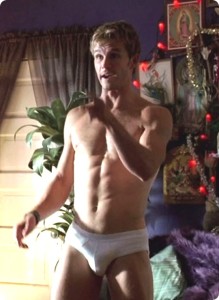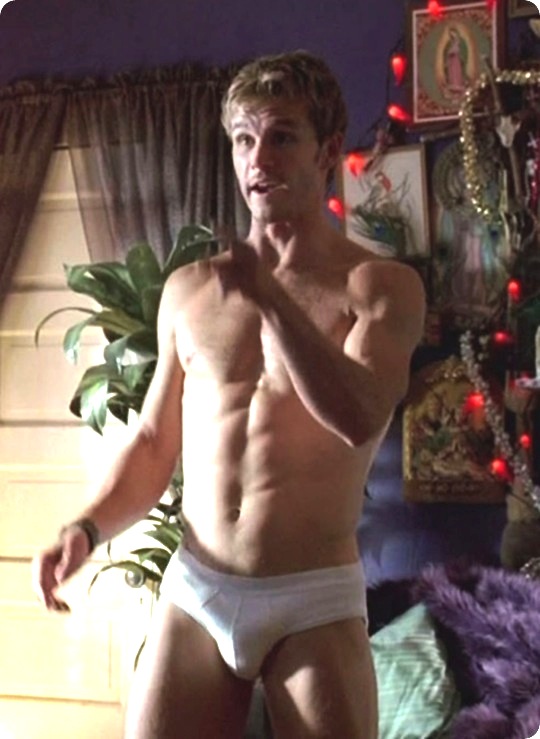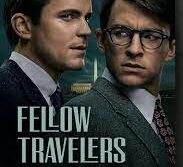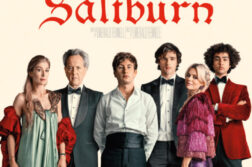True Blood
HBO Home Entertainment (TV)

WHEN Andrew Holleran reviewed the play All That I Will Ever Be by Oscar-winning screenwriter Alan Ball in these pages back in 2008, he found Ball’s transition from screen to stage problematic to say the least. He memorably called Ball’s story of a gay hustler down and out in L.A. a “spectacle of decomposition in which we watch someone come apart.” But decomposition may be what the 54-year-old creator of Six Feet Under and American Beauty (narrated by a dead man) does best. His most popular work to date is indubitably True Blood, the vampire romance that just bared its teeth for a fourth hit season on HBO.
As proof of the show’s growing popularity, five million viewers caught the Season Two finale, while more than twice that number tuned in for weekly installments of Season Three. The show’s political subtext has even attracted scholarly attention: the collection True Blood and Philosophy (2010) includes such chapter titles as “Coming Out of the Coffin and Coming Out of the Closet” and “Sookie, Sigmund, and the Edible Complex.”







